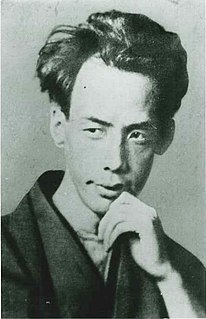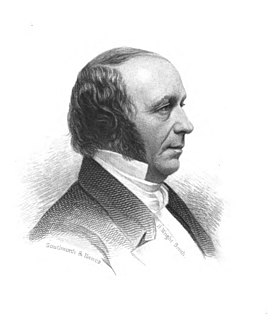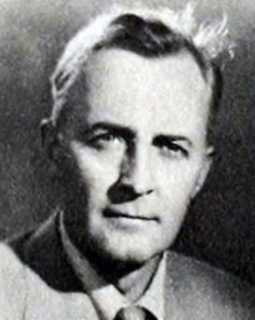A Quote by Ryunosuke Akutagawa
No matter how accomplished one might be in any branch of learning or art, one would have to be condemned to hell, if on where not endowed with th five cardinal virtues of Confucius-benevolence, justice, courtesy, wisdom and fidelity
Related Quotes
Here is an example of Confucius sayings: "It does not matter how slowly you go so long as you do not stop." In a few words, Confucius teaches us about patience, perseverance, discipline, and hard work. But if you probe further, you will see more layers. Confucius' philosophies have significantly influenced spiritual and social thought. His views bear insight and depth of wisdom. You can apply his teachings in every sphere of life. Confucius' profound teachings are based on humanism.
The State which we have founded must possess the four cardinal virtues of wisdom, courage, discipline and justice ... Justice is the principle which has in fact been followed throughout, the principle of one man one job, of minding one s own business , in the sense of doing the job for which one is naturally fitted and not interfering with other people.
Tzu Chang asked Confucius about jen. Confucius said, "If you can practice these five things with all the people, you can be called jen." Tzu Chang asked what they were. Confucius said, "Courtesy, generosity, honesty, persistence, and kindness. If you are courteous, you will not be disrespected; if you are generous, you will gain everything. If you are honest, people will rely on you. If you are persistent you will get results. If you are kind, you can employ people.
If, in each hour, a man could learn a single fragment of some branch of knowledge, a single rule of some mechanical art, a single pleasing story or proverb (the acquisition of which would require no effort), what a vast stock of learning he might lay by. Seneca is therefore right when he says: "Life is long, if we know how to use it." It is consequently of importance that we understand the art of making the very best use of our lives.
There is something which unites magic and applied science (technology) while separating them from the "wisdom" of earlier ages. For the wise men of old, the cardinal problem of human life was how to conform the soul to objective reality, and the solution was wisdom, self-discipline , and virtue. For the modern, the cardinal problem is how to conform reality to the wishes of man, and the solution is a technique.
'Live each day as if it is your last,' said Mahatma Gandhi. 'Learn as if you'll live forever.' This is what I'm passionate about. It is precisely this. It is this inextinguishable, undaunted appetite for learning and experience, no matter how risible, no matter how esoteric, no matter how seditious it might seem.



































